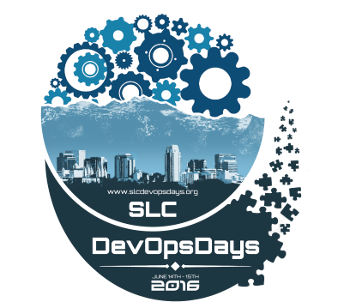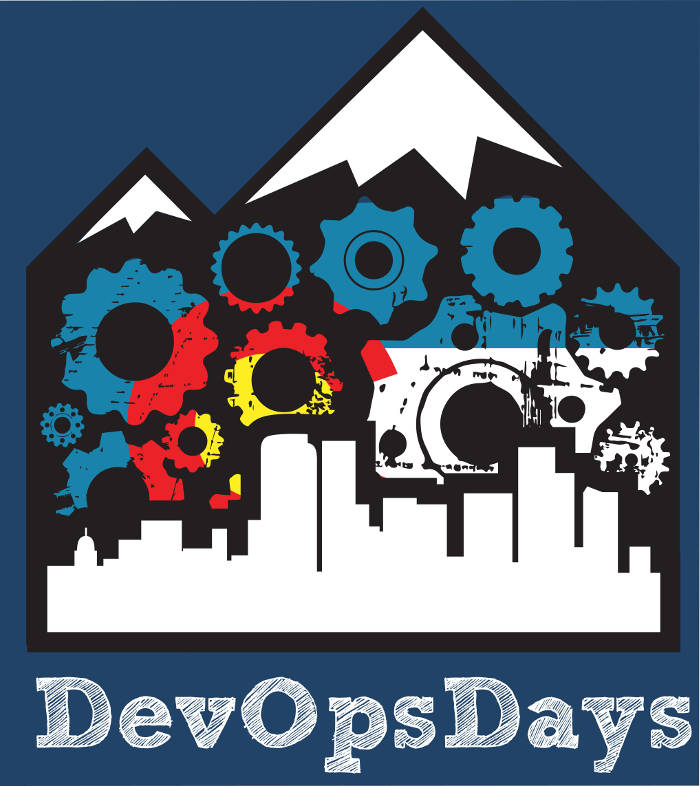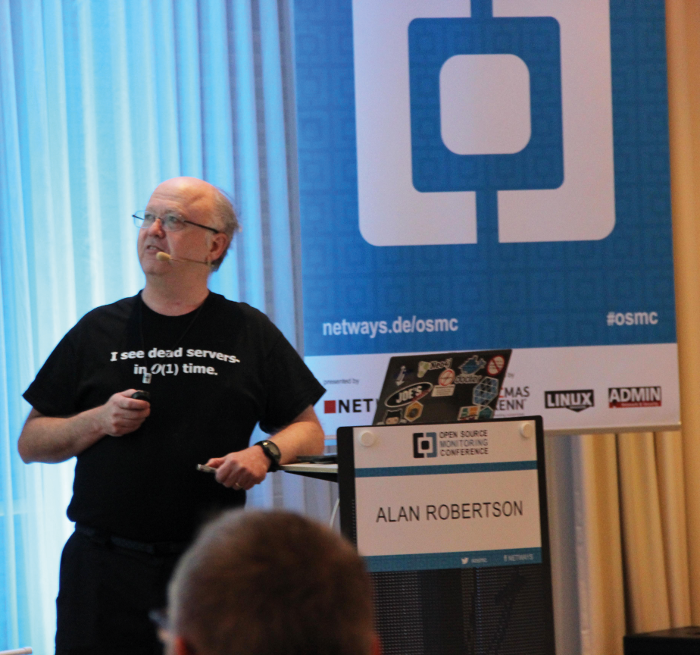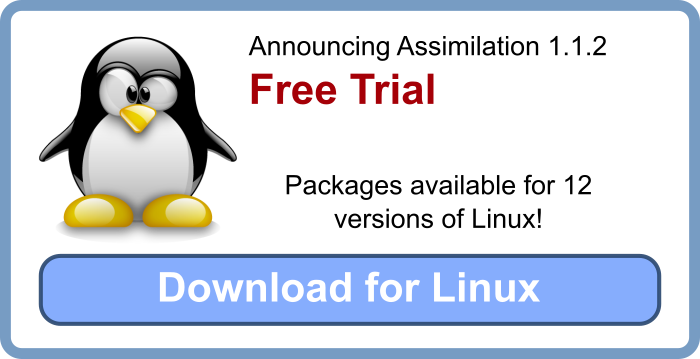How the right CMDB can improve your security posture

In a couple of earlier blog posts, I wrote an article about what characteristics would make a CMDB suitable for a “modern” DevOps-like environment. The first article talked about what characteristics one would like in such a CMDB. The second article evaluated the Assimilation Suite in terms of those characteristics. This article discusses how a CMDB can improve your security posture.
In today’s blog post, I’d like to do something similar – but looking at a CMDB from a security perspective. That is, this blog post is the first part of a discussion of what a security-oriented CMDB ought to look like and how it can improve your security posture.








